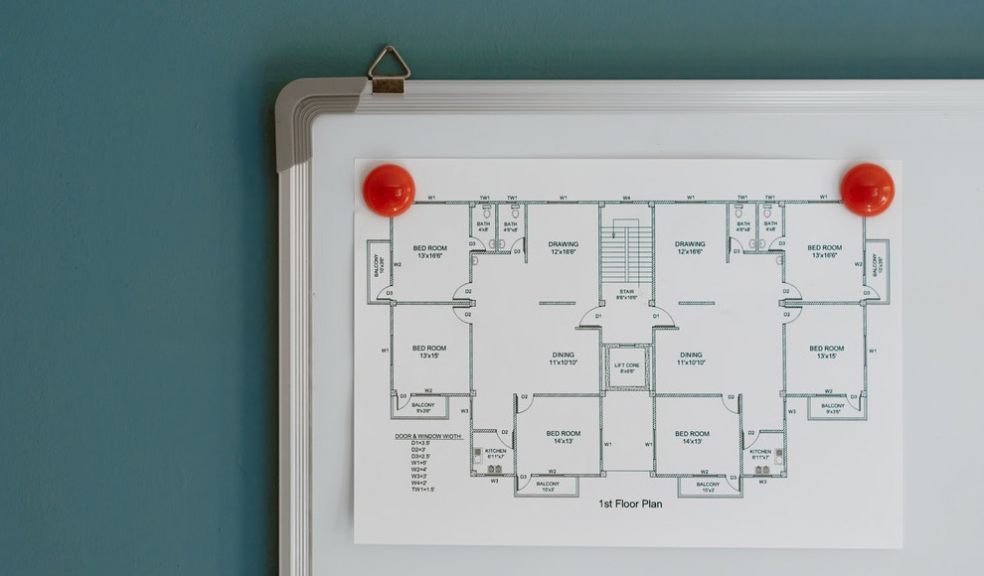
Planning permission: When you need it and how to get it
Planning permission is crucial to anyone wanting to build renovations or buildings from scratch on a piece of land. It is essentially asking your local authority to allow you to complete certain works on land that you own.
When You Need Planning Permission
In general terms, you will need planning permission when you build upon an existing home or build a dwelling from scratch. This typically means any prospective housing estate or extension on a home will require planning permission.
Each local authority is different. While there are overarching governmental rules that govern any building work, you may also have to conform to your authority's specific requirements. It is a good idea to research your specific authority's regulations to find out precisely what planning permission you will need for different projects.
Surveys
Before you consider applying for planning permission, you should have surveys carried out so that you can provide proof to your local authority as to the ecological soundness of your plans. It is always essential to ensure that your surveys are carried out to the highest standards. Local authorities can be exacting in their requirements for planning permission to be granted, so using a first-rate ecological surveyor like Tree Survey could make all the difference.
Cost Of Planning Permission
Cost of planning permission depends on the authority that is granting it. It can vary from approximately £200 to £600 depending on the size and scope of the project you are undertaking. This doesn't include the cost of designs and surveys, so it is worth taking these into account when budgeting for your planning permission costs.
If you are planning a more complex build, then the entire process of obtaining planning permission, along with surveys and design costs, could cost up to £2,000.
How Long Planning Permission Is Valid
Planning permission is typically valid for up to three years from the date of being granted. Therefore, it is vital that you have everything in order as soon as possible after receiving planning permission so that you can avoid the cost of having to reapply.
Ideally, it would be best to have your whole project planned and budgeted before you submit it for planning permission. This will enable you to start almost as soon as you receive approval. It can take anywhere between eight weeks and 13 weeks to obtain planning permission depending on your project's complexity.
What To Do If Planning Is Rejected
If your planning permission is rejected, then there are a number of possible recourses available to you. Your local authority will provide you with reasons that your planning permission has not been granted.
You might be able to resubmit your request once you have made the changes that deal with the issues that got your planning permission rejected. This can sometimes be free of charge within 12 months of planning permission rejection.
Alternatively, you could appeal the decision of your local authority. It is worth noting that this can process can take some time, so where possible it may be simpler to try to make changes to your plans.



















